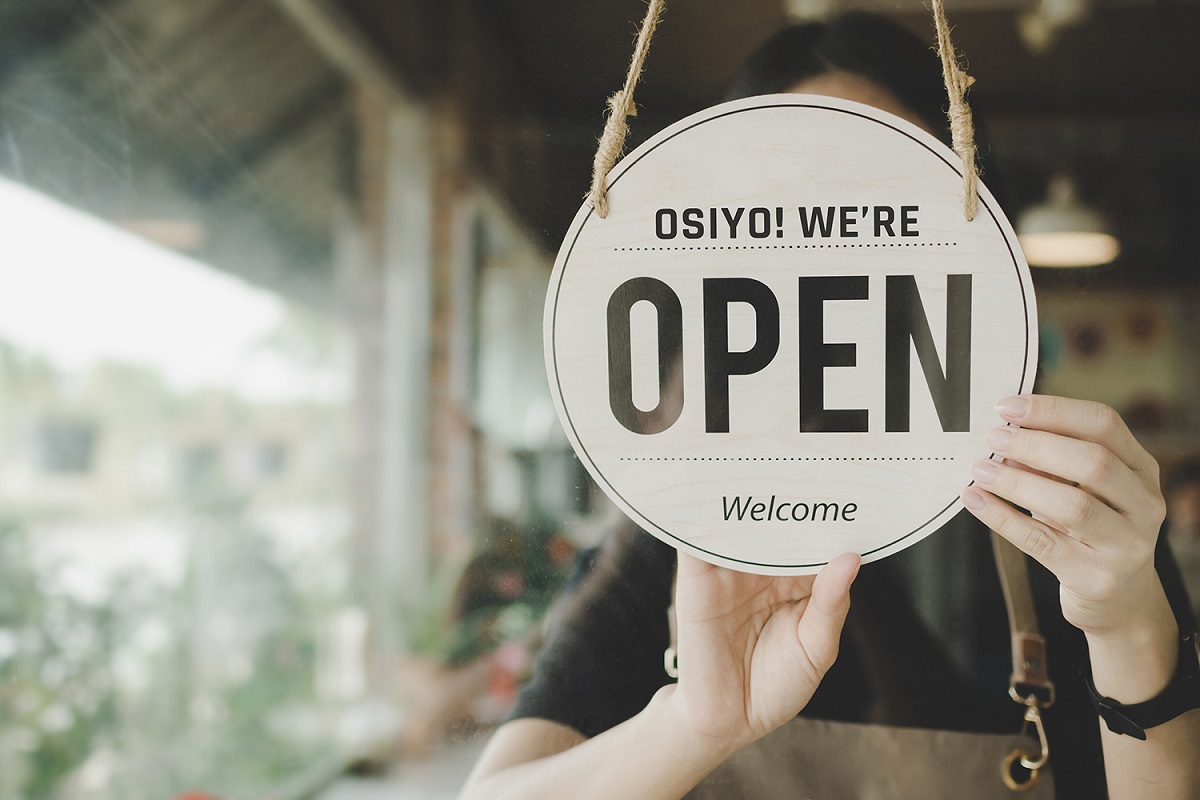
- Details
- By Chuck Hoskin Jr
Guest Opinion. When I think of our Cherokee Nation’s future, I often speak about unleashing the potential of Cherokee families.
My administration’s work and the incredible strides of my predecessors all focused on a foundation for future prosperity. This foundation is built on access to health care, food security, educational attainment and cultural preservation, just to name a few of the Nation’s longtime priorities.
All these efforts point toward a future when strong, growing Cherokee families have every opportunity to choose their path forward or blaze their own trail. That’s the future our ancestors dreamed of and one that we glimpse more and more of each day.
We recently announced a historic agreement between Cherokee Nation and the U.S. Department of the Treasury, which has awarded $86 million in federal funding dedicated to lending for Cherokee-owned small businesses. This program enhances access to financial capital for entrepreneurs and encourages private investments in small businesses by offering loans up to $5 million, in participation with banks.
It is difficult to overstate this opportunity and the transformative effect it will have for Cherokee families and their communities. This program quadruples our small-business lending capital and is estimated to fuel a more than $200 million economic impact across the nation over the next seven years. The crux of the program is up to a 1-to-1 participation loan with existing financial institutions, which ensures applicants meet standard loan requirements and oversight while also incentivizing approval.

Cherokee communities across our 14-county reservation and beyond rely on Cherokee-owned businesses to fuel local economies, stimulate community development, spur innovation, and create jobs rooted in our communities. These businesses are the lifeblood of our communities.
More than a third, 38%, of startups fail simply from running out of cash or not securing enough money to begin with, according to a CBInsights study. This program shields businesses from that outcome, reducing investment risk for Cherokee-owned businesses and their financial partners.
In September, Cherokee Nation received the first $26 million of the $86 million fund as part of a 90-day ramp up period. We just approved our first loan through the program to an at-large citizen and plan to open lending more broadly in March and to all Cherokee Nation citizens across the nation by next summer.
In addition to the $86 million lending program, Cherokee Nation also received $3 million to provide technical assistance to businesses in the program. This technical assistance grant removes even more barriers to aspiring business owners.
Cherokee Nation Commerce Services and the Small Business Assistance Center are available to help Cherokee-owned small businesses navigate the program and assemble the right financial package to start up or expand.
Cherokee entrepreneurs should start drafting plans to turn their business dreams into reality. There has never been a better time to unleash the potential of Cherokee families.
Chuck Hoskin, Jr. is the principal chief of the Cherokee Nation.
More Stories Like This
The SAVE America Act Threatens Native Voting Rights — We Must Fight BackThe Presidential Election of 1789
Cherokee Nation: Telling the Full Story During Black History Month
Jesse Jackson Changed Politics for the Better
Native News Online at 15: Humble Beginnings, Unwavering Mission
Help us defend tribal sovereignty.
At Native News Online, our mission is rooted in telling the stories that strengthen sovereignty and uplift Indigenous voices — not just at year’s end, but every single day.
Because of your generosity last year, we were able to keep our reporters on the ground in tribal communities, at national gatherings and in the halls of Congress — covering the issues that matter most to Indian Country: sovereignty, culture, education, health and economic opportunity.
That support sustained us through a tough year in 2025. Now, as we look to the year ahead, we need your help right now to ensure warrior journalism remains strong — reporting that defends tribal sovereignty, amplifies Native truth, and holds power accountable.
 The stakes couldn't be higher. Your support keeps Native voices heard, Native stories told and Native sovereignty defended.
The stakes couldn't be higher. Your support keeps Native voices heard, Native stories told and Native sovereignty defended.
Stand with Warrior Journalism today.
Levi Rickert (Potawatomi), Editor & Publisher

